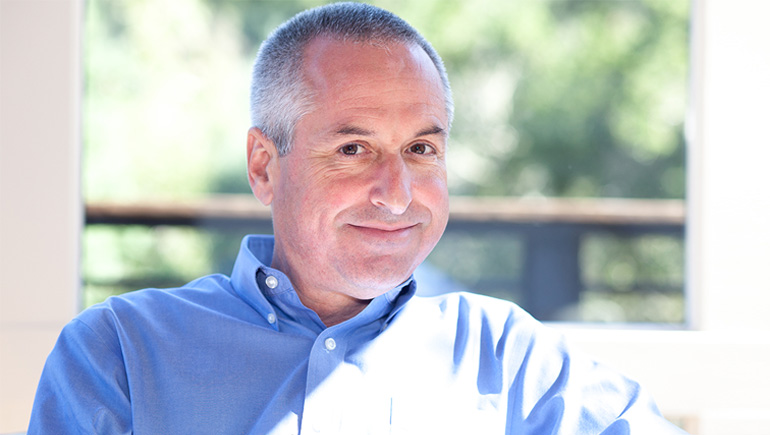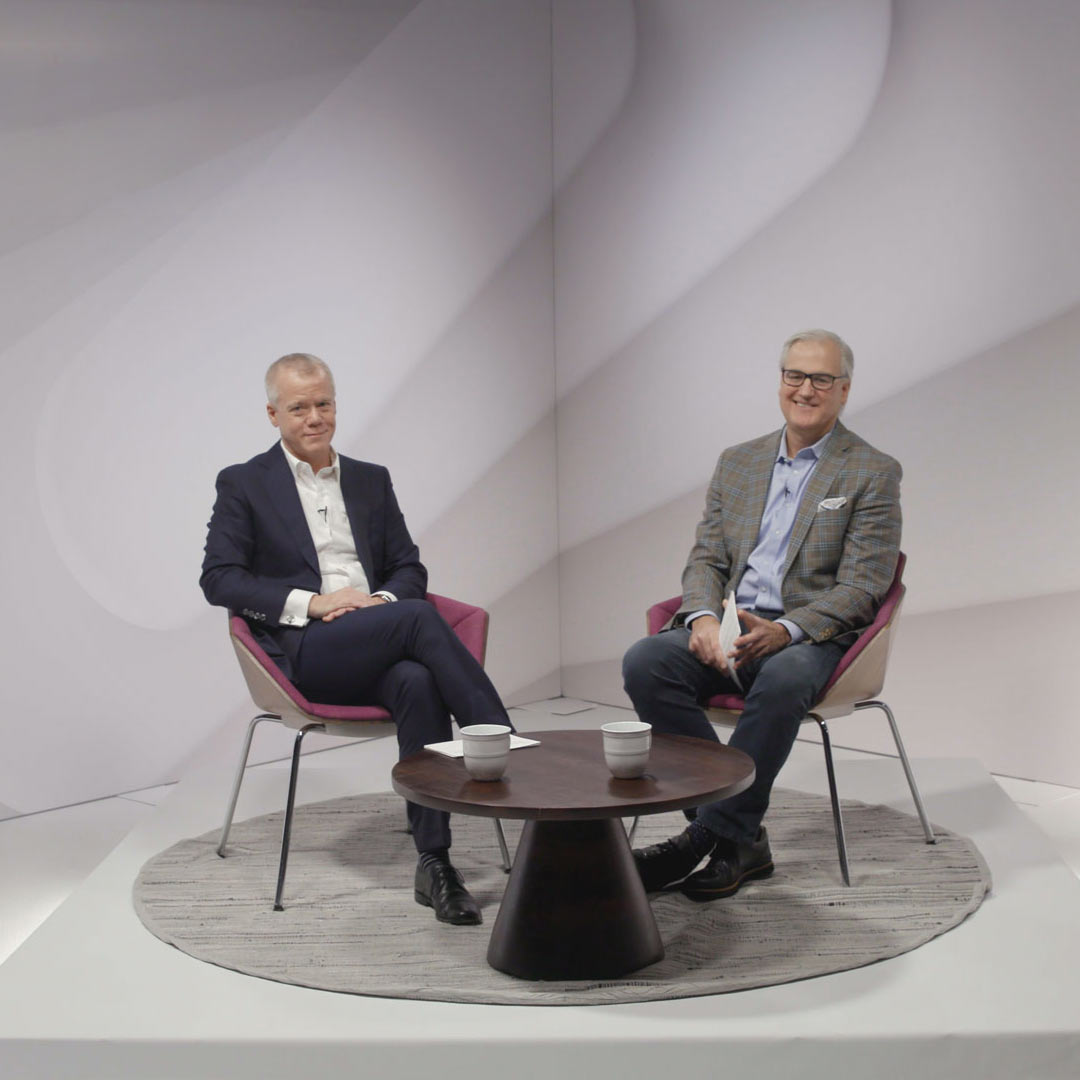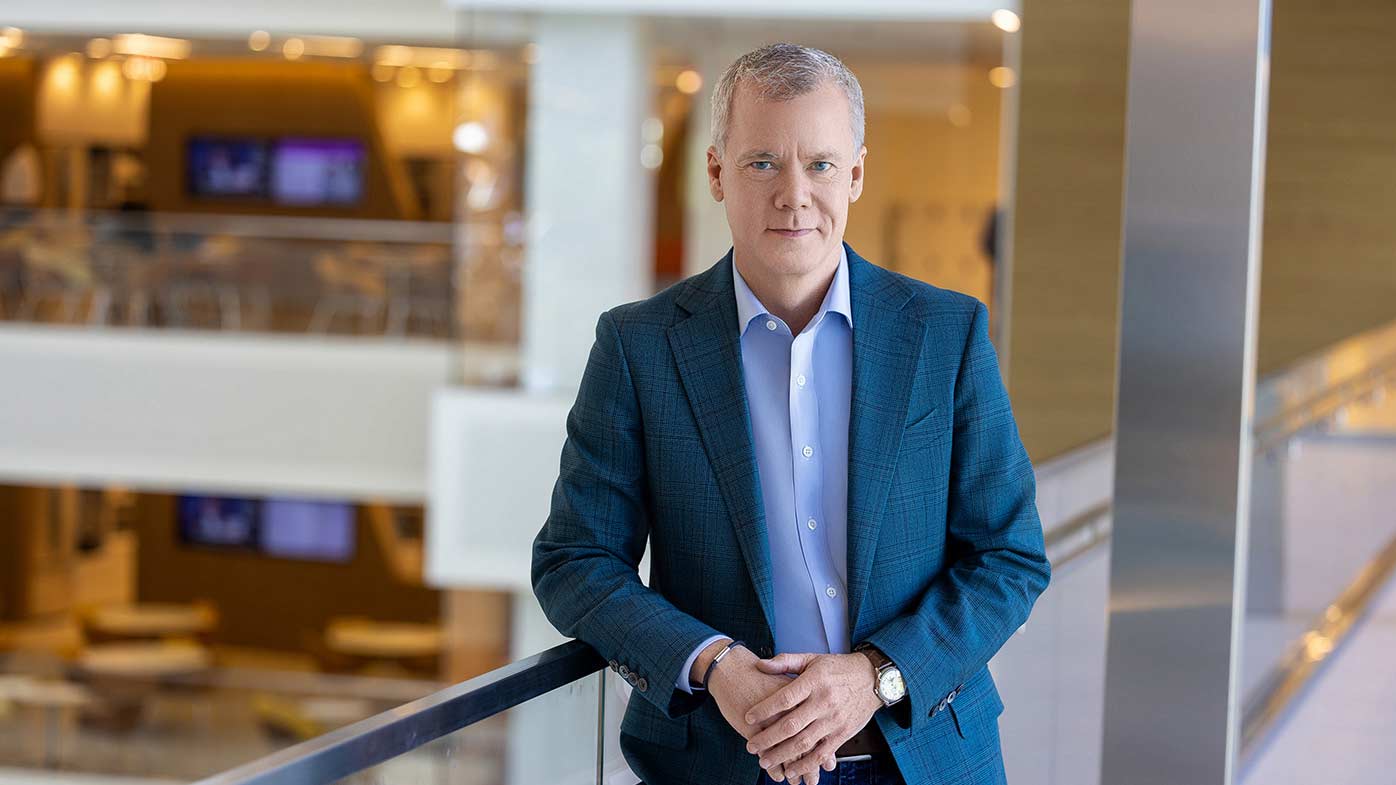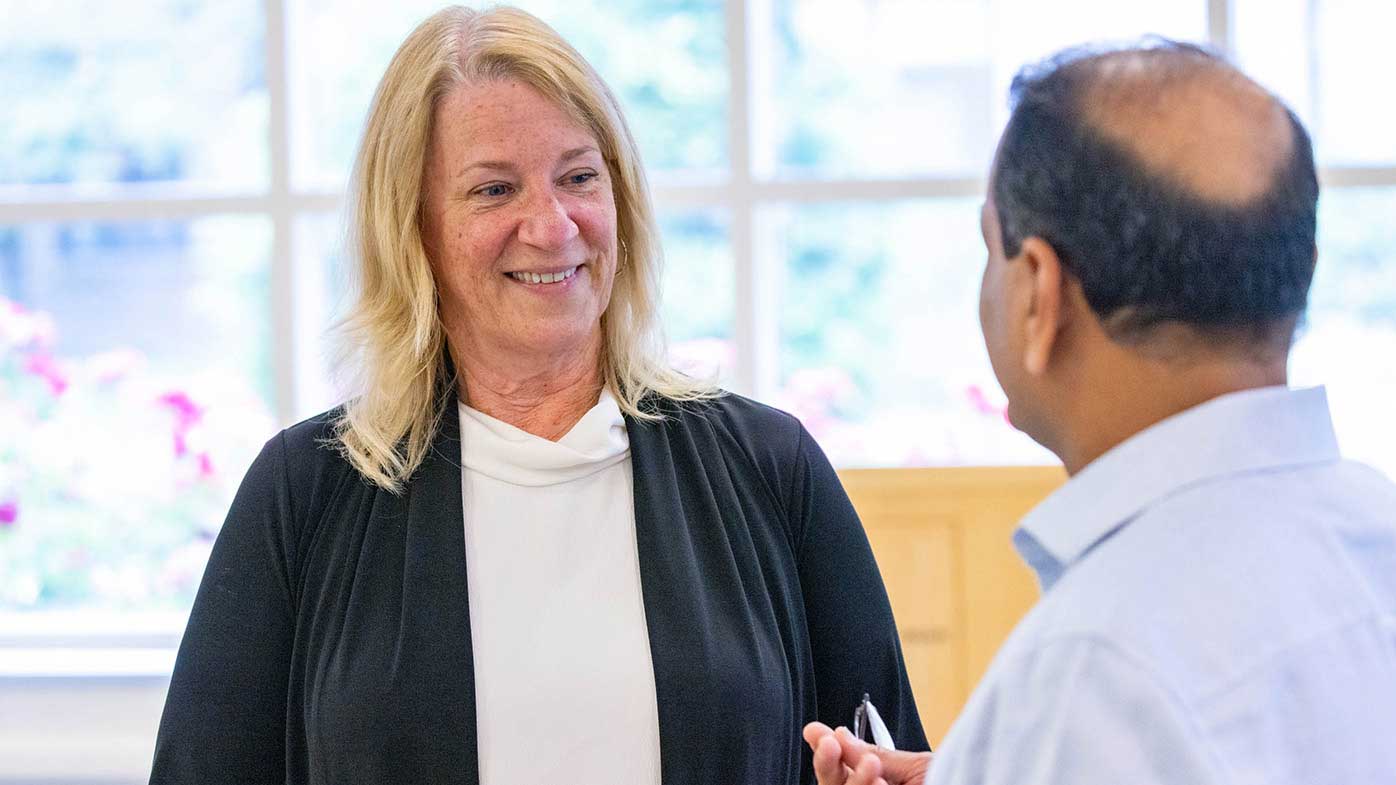
Nils Lonberg, Senior Vice President, Oncology Discovery Biology
Cancer research has taken giant leaps forward in the past 20 years. The molecular dissection of cancer cell growth pathways made possible by modern molecular biology, and now the increasingly sophisticated understanding of the interplay between the immune system and the cancer cell, have led to remarkable breakthroughs in cancer therapy. Yet, with these breakthroughs comes the challenge of determining how best to harness the wealth of data these trials generate to maximize benefit for patients today and in the future.
If we are going to build on the solid foundation we now have and take cancer therapy to the next level, we need to continue to do three things and do them better:
Support foundational science: Everything we have accomplished is built on the scientific understanding of the biology of cancer that has come out of the commitment that society has made to basic research. We have to keep that commitment and provide scientists a clear path to pursue careers in research.
Build better drug discovery tools: We could not have achieved the progress of the last 20 years without the use of mouse models in cancer research. As imperfect as these models are, they have served research well. Nevertheless, we need better models, particularly for the exploration of combinations of multiple drugs, some of which depend on intact immune systems for their mechanism of action. Better model systems, both animal models and ex-vivo patient tumor models, will enable us to learn as much as we can, as quickly as we can.
Get the most out of clinical trials: For those patients who volunteer for clinical trials and with their consent, we in the scientific community owe it to them to make the most of their participation, including holistic interrogation of the data we collect for broader scientific investigation. Fortunately, there has been fantastic technological progress in a variety of different fields, including computational speed, data storage, automated image analysis, molecular detection and DNA sequencing, that can all be harnessed to analyze clinical trial patient samples. However, inconsistencies in how patient samples may be analyzed limit our ability to learn as much as we can from these samples. Long before a clinical trial is initiated, we should define how the data will be used in more consistent and research– and patient-friendly consent forms.
None of this can be achieved by one company, institution or public or private group. It must be a community effort. Partnerships between pharmaceutical and biotech companies, as well as academic institutions, patients and government entities, will be vital to delivering the next wave of innovation. It is my hope that through these partnerships we will be able to deliver on the hope of any patient who opts to join a clinical trial – to drive advances in science, to alleviate patient suffering and to make cancer and other diseases a thing of the past.


